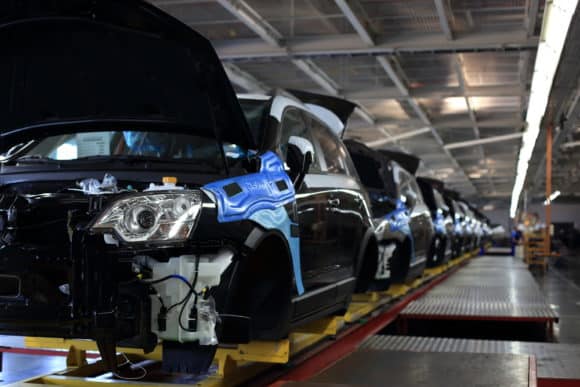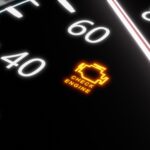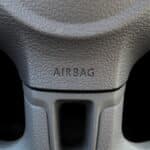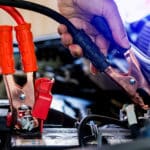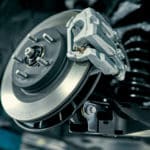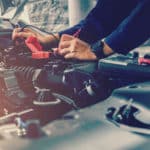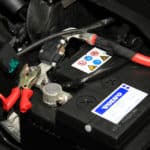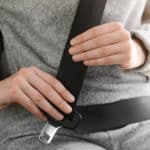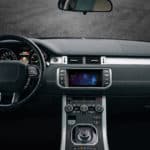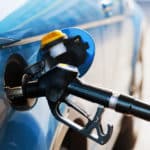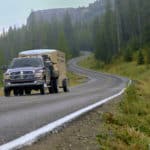Driving recovery for our clients
Seeger Weiss has been involved in some of the nation’s most important automotive litigation. Our attorneys were critical to the success of the Volkswagen “Clean Diesel” Marketing, Sales Practices, and Products Liability Litigation, which held the car company to account for selling illegally polluting vehicles fitted with defeat devices to circumvent EPA emissions standards. Notably, founding partner Chris Seeger served on the Plaintiffs’ Steering Committee and helped negotiate the over $20 billion settlement – the largest consumer auto industry class action settlement ever. Seeger also served as lead counsel in the Mercedes-Benz Emissions Litigation, securing more than $2 billion to settle the company’s false “clean diesel” claims, including $700 million for affected consumers.*
Seeger Weiss partners currently hold leadership roles in many of the most noteworthy active automotive lawsuits, including serving on the Ford Ranger Fuel Efficiency Lawsuit Plaintiff’s Executive Committee and the German Automotive Manufacturers Antitrust Litigation Plaintiff’s Steering Committee. Currently, our firm represents thousands of customers all over the United States in litigation against major carmakers such as Ford, General Motors, Honda, Subaru, and Volkswagen.
*Prior results do not guarantee or predict a similar outcome with respect to any future matter.
What is Automotive Litigation?
Automotive litigation is a type of product liability litigation focused on legal issues stemming from the design, production, and sale of defective automobiles.
How are consumer claims against automotive manufacturers litigated?
Automotive claims are litigated differently depending on the type of misconduct and how widespread its effects are. Anyone who experiences an injury based upon a defective product may be eligible to bring an individual claim against the manufacturer. Oftentimes because products are sold to thousands if not millions of people, these cases can be organized as class action lawsuits to streamline legal proceedings and fully hold the companies accountable.
In a class action, one or several plaintiffs file a lawsuit on behalf of a larger group of affected consumers. For example, drivers who were sold Volkswagen vehicles with “defeat devices” that allowed them to circumvent EPA emissions standards for air pollution were certified as a class in the Volkswagen “Clean Diesel” Marketing, Sales Practices, and Products Liability Litigation.
What is a Class Action?
Similarly Situated:
A class action is brought by people who are in a similar situation. For example, in an auto class action, the group of plaintiffs was likely injured or had their vehicle damaged in the same manner in violation of a state or federal law.
Original Plaintiff Goes to Court:
This lawsuit begins when one or more people approach an auto defect lawyer about an issue, and as the investigation proceeds the lawyer determines that a larger group of people was affected. Only the first lead plaintiff goes to court with his or her attorney, but everyone in the class may be compensated if the lawsuit settles before trial or a verdict is found in favor of the plaintiff. Most class action lawsuits do not go to trial, but rather, are settled out of court.
Amount of Settlement or Award:
Plaintiffs in class action lawsuits may receive money based upon the size of the class and the amount of damages incurred. The settlement or award is often given in a lump sum and divided among the plaintiffs.
What types of defects in automobiles create liability?
A design defect exists when the design of a product is inherently dangerous or does not function properly. In most states, plaintiffs have the burden of proof to show that the risks of a design outweigh the benefits.
A manufacturing defect arises from errors in production that cause some of the items produced to not meet the manufacturer’s intended design. Oftentimes, manufacturing defects stem from flaws in the production process such as using low-quality materials or relying on improper manufacturing techniques.
Our lawyers have fielded claims related to almost every type of manufacturing defect, including:
- Airbag defects
- Accelerator issues
- Battery drainage
- Brake malfunctions
- Door latch failures
- Electronic system glitches
- Engine defects
- Fuel system flaws
- Light failures
- Seat issues
- Seat belt flaws
- Steering malfunctions
- Tire defects
- Vehicle structural issues
- Window flaws
What laws govern automotive litigation?
- The Federal Motor Vehicle Safety Standards (FMVSS) are US government regulations that specify how car manufacturers should design and build automobiles so that they help drivers avoid car crashes and protect drivers and passengers in the event of a crash.
- The Magnuson–Moss Warranty Act (15 U.S.C. § 2301) requires companies offering warranties to consumers to fully and clearly disclose the terms and conditions of the warranty. A consumer harmed by the failure of a warrantor to comply with its obligations under a warranty is entitled to sue for damages and equitable relief.
- State consumer protection laws, which provide consumers with protection from unfair and deceptive acts and practices vary widely, so it is important to be familiar with the laws in your state to determine whether you have a viable claim.
Contact Seeger Weiss
No one should suffer because a manufacturer chose its profits over your safety. If you would like to speak to a professional regarding your rights, please fill out the free case evaluation form and an experienced member of Seeger Weiss’s staff will contact you. Initial consultations are free of charge and do not create a legal relationship.
